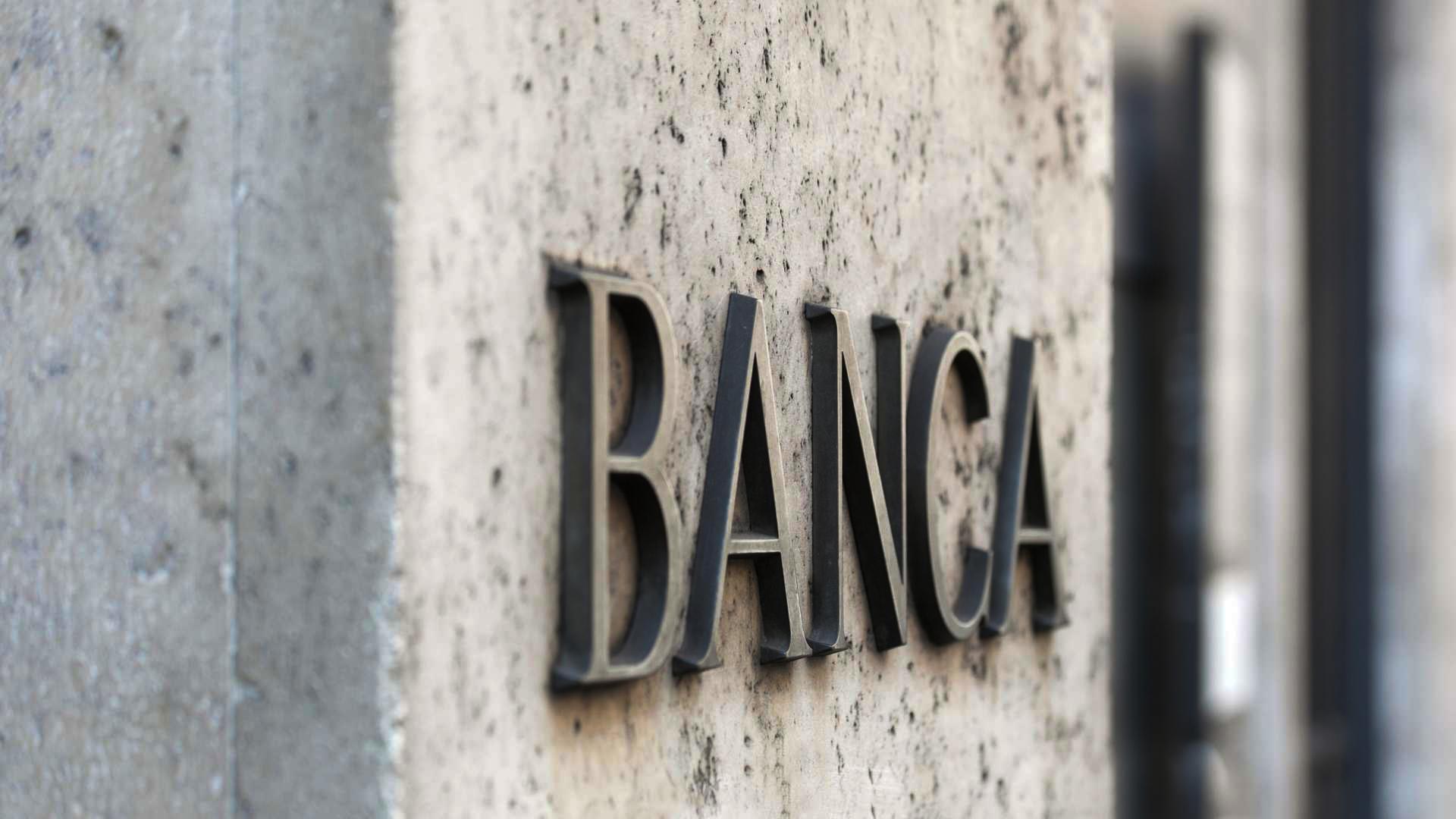The report emphasizes the need for Romania to spend more efficiently. It suggests implementing spending reviews, like those conducted in OECD countries, particularly focusing on healthcare and education sectors for 2023. However, the report cautions against drastic public spending cuts in a country where such expenditures are already the lowest in the Union, which could lead to inefficiencies and overall economic damage.
In 2023, Romania faced significant economic hurdles, with the economy slowing down in the latter half of the year. The real GDP growth is estimated to be around 2%, falling short of previous projections. This slowdown was highlighted in the 14th edition of the “Romania – Euro Zone MONITOR” report by the National Bank of Romania (BNR), led by Daniel Dăianu.
One of Romania’s most pressing issues, as indicated in the report, is its budget deficit. The deficit remained around 6% of GDP in 2023, similar to 2022’s 6.23% (ESA methodology). This places Romania under the excessive deficit procedure, with possibly the highest structural deficit in the EU. The government’s target of reducing the deficit to 4.4% of GDP in 2023 was deemed unrealistic by the Fiscal Council, given the overestimated revenues and underestimated expenditures in the public budget.
Furthermore, the Pension Law, while necessary, poses a fiscal risk to budget consolidation. The report recommends staggering the law’s implementation over several years. Relying solely on the inflation tax to correct the budget deficit is deemed illusory, as it can only marginally help unless another major supply-side shock occurs.
The report also calls for continued fiscal reform to correct an unfair tax regime riddled with exemptions and loopholes. This requires enhancing tax collection efficiency, including a major overhaul of the National Agency for Fiscal Administration (ANAF), and firmly combating tax evasion and optimization.
Labor market reforms are another critical aspect. Of the active population, only 5.5 million are employed under formal contracts. Many work in the informal economy, over 1.5 million earn minimum wage, and a significant portion does not contribute to the social security system. Romania has the lowest labor market participation in the EU, at 68% compared to around 78% in the EU.
The Romanian economy’s situation underscores the vital importance of European funds (PNRR and CFM) for necessary reforms and funding major projects, digital transformation, energy transition, infrastructure development, and enhancing competitiveness. These funds can mitigate the contractionary effect of the necessary budget deficit correction, which is also vital for reducing the current account deficit, estimated to be around 7% of GDP in 2023, down from nearly 9% in 2022.





